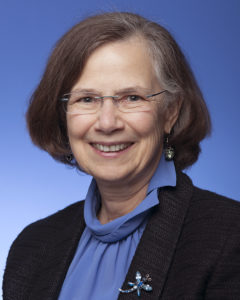August 31, 2017 at 11 am PT/2 pm ET
Webinar: The Changing Landscape of Parkinson’s Disease
Register to watch on demand (1 hour, 2 minutes)
Parkinson’s disease (PD) is one of the most common neurologic disorders, affecting approximately 1% of individuals older than 60 years.1 It is thought to have complex etiologies, including a combination of genetic and environmental causes. In addition, there are no proven strategies for preventing or curing PD. However, identifying risk factors for PD can help scientists develop future strategies for disease prevention and treatment.
Join us for a free webinar to learn:
- Updates about the causes of PD, including how harmful and protective environmental factors combine with genetics to contribute to an individual’s disease risk
- How ongoing and future research is advancing our understanding of disease risk as well as the prevention and treatment of PD
1de Lau LM, Breteler MM (June 2006). “Epidemiology of Parkinson’s disease”. Lancet Neurol. 5 (6): 525–35. PMID 16713924. doi:10.1016/S1474-4422(06)70471-9.

